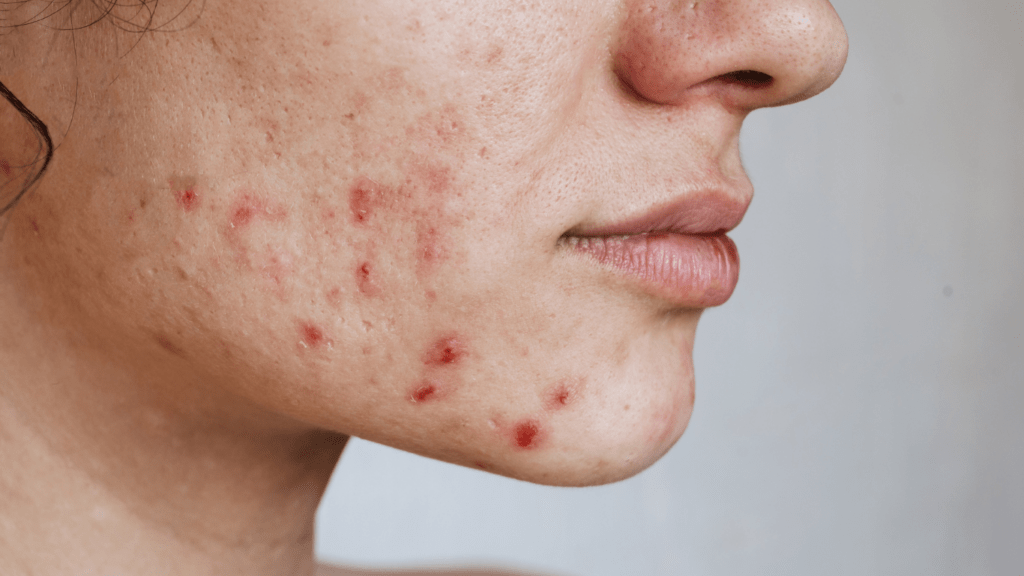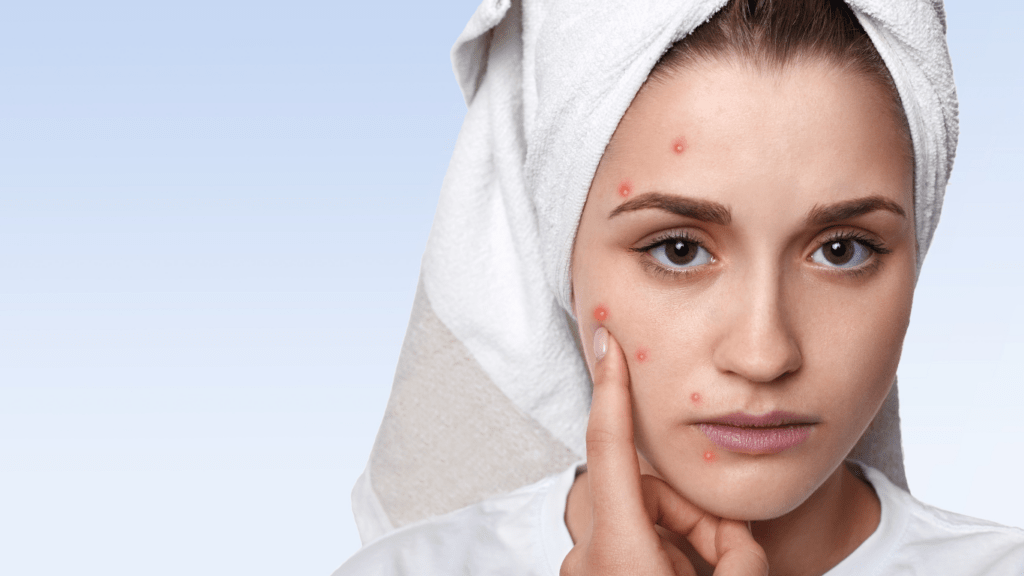Embarking on a journey to achieve clear, acne-free skin is a quest many of us can relate to. As someone who has delved into the realm of skincare, I’ve discovered the intricate science behind maintaining healthy and radiant skin. Understanding the root causes of acne and the mechanisms that drive skin clarity is essential for crafting an effective skincare routine.
In this article, I’ll unravel the science behind clear, acne-free skin, shedding light on the role of factors like sebum production, pore-clogging impurities, and the delicate balance of our skin’s microbiome. By exploring the latest research and expert insights, I aim to provide you with valuable knowledge to empower your skincare journey. Let’s dive into the fascinating world of skincare science and unlock the secrets to a glowing complexion.
Understanding Acne
Acne is a common skin condition that affects many individuals, including myself. It occurs when hair follicles become clogged with oil and dead skin cells, leading to the formation of pimples, blackheads, or whiteheads. As someone who has dealt with acne, I understand the frustration and challenges it can bring to one’s self-esteem and overall well-being.
To effectively address acne concerns, it’s crucial to comprehend the underlying factors that contribute to its development. By gaining insights into sebum production, pore blockages, and the delicate balance of the skin’s microbiome, I’ve learned how to tailor my skincare routine to promote clearer, healthier skin.
Understanding the science behind acne empowers me to make informed choices about the products I use and the habits I cultivate to maintain a radiant complexion. Through research and expert guidance, I’ve discovered the importance of addressing acne at its roots to achieve long-lasting results and boost my confidence in my skin’s appearance.
Factors Contributing to Acne
Acne can be influenced by various factors, including hormonal imbalance, diet, and genetics. Understanding how these elements contribute to skin issues is crucial in managing and preventing acne effectively.
Hormonal Imbalance
Imbalances in hormone levels, such as androgens, can stimulate the sebaceous glands to produce excess oil, leading to clogged pores and acne breakouts. Fluctuations in hormones during puberty, menstruation, pregnancy, or menopause can contribute to acne development.
Diet and Acne
Diet plays a significant role in skin health, as certain foods can trigger inflammation and exacerbate acne. High-glycemic index foods, dairy products, and foods rich in saturated fats have been linked to increased acne severity. Consuming a balanced diet with plenty of fruits, vegetables, and whole grains can help maintain clear skin.
Genetics
Genetics also play a key role in acne development. Individuals with a family history of acne are more likely to experience similar skin issues. Genetic factors can influence sebum production, pore size, and skin inflammation, making some individuals more prone to acne than others. Understanding your genetic predisposition to acne can guide skincare choices tailored to your skin’s specific needs.
The Role of Skincare in Acne Prevention
Exploring the science behind clear, acne-free skin opens the door to understanding the critical role skincare plays in preventing acne. Tailoring a skincare routine to address sebum production, pore-clogging impurities, and the skin’s microbiome balance is key to maintaining healthy skin and warding off acne. Recent research sheds light on the root causes of acne, empowering individuals to take proactive steps in their skincare regimen.
Incorporating effective skincare practices can help manage common factors that contribute to acne, such as hormonal imbalances, dietary choices, and genetic predispositions. By addressing hormonal fluctuations, particularly androgens that trigger excess oil production and clogged pores, one can reduce the likelihood of acne breakouts. Moreover, making informed dietary decisions, such as limiting high-glycemic index foods and dairy intake, can play a vital role in managing acne.
Genetics also play a significant role in sebum production and skin inflammation, impacting an individual’s susceptibility to acne. Understanding these genetic influences enables individuals to customize their skincare routines to suit their specific skin needs. By leveraging the principles of skincare rooted in scientific knowledge, individuals can optimize their routines for clearer, healthier skin, ultimately boosting their confidence levels.
Ingredients to Look for in Acne-Fighting Products
To tackle acne effectively, incorporating the right ingredients in skincare products is crucial. Here are key components to look for when selecting acne-fighting products:
- Salicylic Acid: This ingredient exfoliates the skin, unclogs pores, and reduces inflammation, making it effective for treating acne.
- Benzoyl Peroxide: Known for its antibacterial properties, benzoyl peroxide helps kill acne-causing bacteria and reduce oil production.
- Retinoids: These vitamin A derivatives promote skin cell turnover, preventing clogged pores and reducing acne breakouts.
- Sulfur: With its antimicrobial and exfoliating properties, sulfur helps reduce acne by unclogging pores and reducing inflammation.
- Hyaluronic Acid: While not a direct acne fighter, hyaluronic acid hydrates the skin without clogging pores, maintaining skin balance during acne treatment.
- Niacinamide: Also known as vitamin B3, niacinamide helps improve the skin’s barrier function, reducing inflammation and redness associated with acne.
Choosing products with these ingredients tailored to your skin type and concerns can make a significant difference in managing and preventing acne outbreaks.




 Johnford Hillarrio is a health and fitness advocate contributing to My Healthy Living and Strategies, where he shares his passion for promoting physical and mental well-being. With a background in exercise science and nutrition, Johnford focuses on helping readers find sustainable ways to improve their overall health. His content offers actionable tips on fitness routines, healthy eating habits, and maintaining mental clarity.
Johnford Hillarrio is a health and fitness advocate contributing to My Healthy Living and Strategies, where he shares his passion for promoting physical and mental well-being. With a background in exercise science and nutrition, Johnford focuses on helping readers find sustainable ways to improve their overall health. His content offers actionable tips on fitness routines, healthy eating habits, and maintaining mental clarity.